Just The Job
Just The Job

Charles Fraser is co-founder of a social enterprise called The Entrepreneurial Refugee Network (TERN), helping refugees to thrive

This is a feature from Issue 8 of Charitable Traveller. Click to read more from this issue.
What does TERN do?
We help refugees to turn great ideas into dynamic businesses. Initially we were looking to simply fund refugee start-ups but then we discovered there was no targeted business support for the refugee community, so that’s when we switched course and decided to provide just that. We’ve put just over 450 refugees through our business support programme in the last five years.
Where did the idea come from?
I am one of four founders and we’ve all had experiences with the refugee diaspora and were interested in the reality that refugees face when it came to obtaining a livelihood in the UK. We felt that the philanthropic focus was too often on the crisis element of the refugee situation, and while this was triggering an amazing humanitarian response, it was creating a backlash too, with others seeing refugees as a danger and/or a burden to the economy. We wanted to re-frame the refugee community as a population with potential.
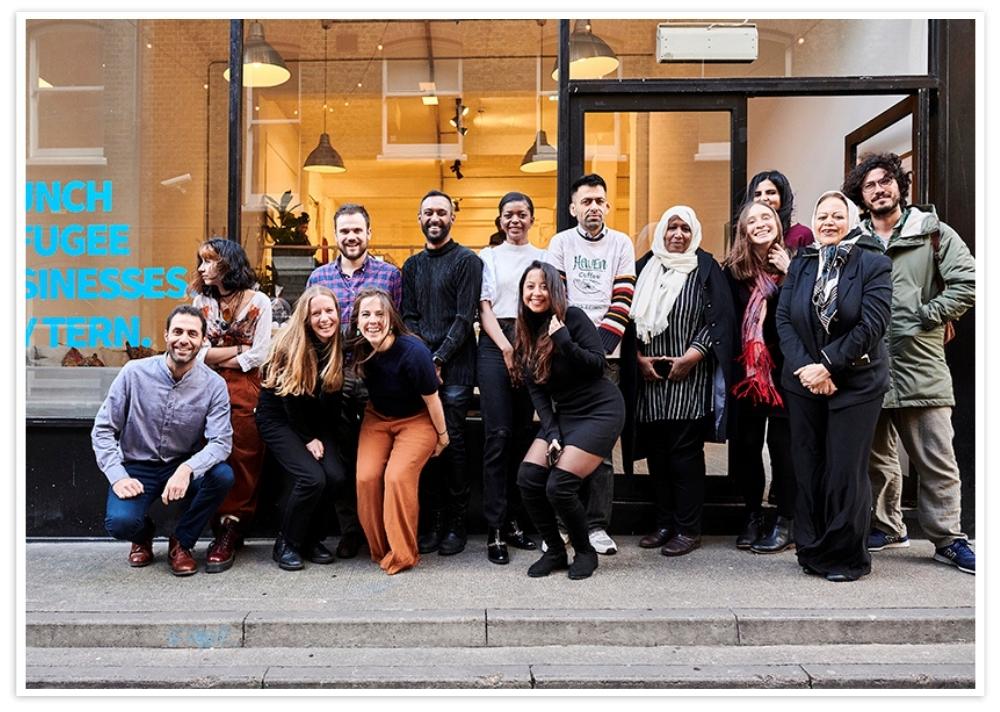
How does your program work?
It has three elements. The first stage is a pre-incubator. A lot of refugees are very experienced in business – about 70% have started or managed businesses outside of the UK – but when they come to us many are exploring if self-employment is the right route for them to take in the UK. The pre-incubator aims to allow them to make an informed decision. It’s an intensive programme and every refugee is paired with a mentor and offered employment too.
About two thirds of entrepreneurs go onto the second stage, the Business Incubator, which takes five to six months and is focused on them launching a business and trading sustainably. At this point they have an idea they want to take to market. We give them information on business finance, customer service, building a brand and a website and all the other fundamentals they will need in place to get a business off the ground.
The last stage of the programme is called On-Demand and comprises flexible one-on-one business advice focused on solving problems. It takes a long time to build a business so we need to be able to provide sustained support and connection. All our business support is free and funded primarily from corporate partnerships. The remaining third of funding comes from grants and donations, including support from the Home Office. Our pre-incubator has scaled into four cities in three countries with the help of other entrepreneur training organisations which we give our refugee-focused training tools.
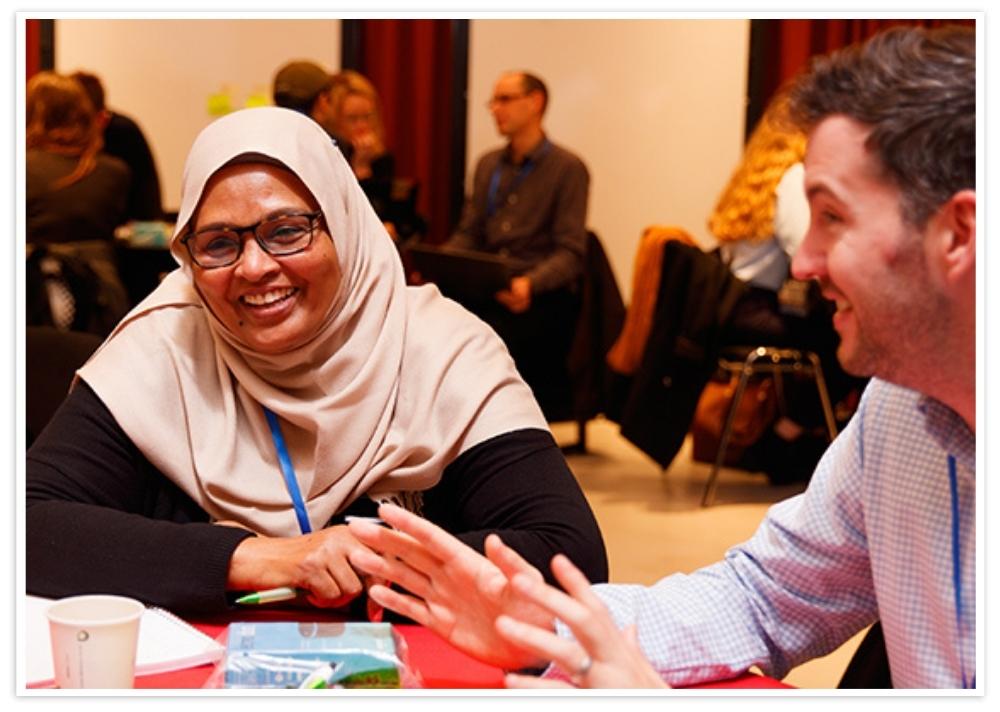
How do refugees find you?
At the start we reached out to organisations already working with refugees to create channels for referral. Nowadays about 50% of referrals come from the refugee community itself.
We work with about 50 nationalities. Before the current Afghan crisis we only had eight Afghans on our programme but we are expecting that to increase. Syrians make up about 25% of the community but we also help people from Iraq, Iran, Eritrea, Nigeria, Ethiopia, Albania and a few Chinese refugees.
What kind of businesses has TERN helped launch?
Amazingly, 15% of the refugees we are working with have started charities or social enterprises, but almost 90% are looking at business models that have some form of social impact, hiring refugees, for instance, or providing discounted services for them.
TERN covers around 20 different industries. The most common are food and beverage businesses, making up 20%, 15% are not-for- profits and 10% are tech-based start-ups.
Give us an example
One inspiring graduate is Yeukai Taruvinga, a Zimbabwean woman who arrived in the UK aged 19 and was in limbo for nine years, fighting to gain the status to work. She set up a charity called Active Horizons, focused on supporting disadvantaged youths in London facing issues around marginalisation, such as isolation, mental health problems and unemployment. She now supports 150 youth, primarily refugees and asylum seekers, and has just launched a second business, selling ‘handbags for risk takers’, all while being a young mum. It goes to show that when you empower leaders from disadvantaged communities, they create mobility and solve social issues for that community.
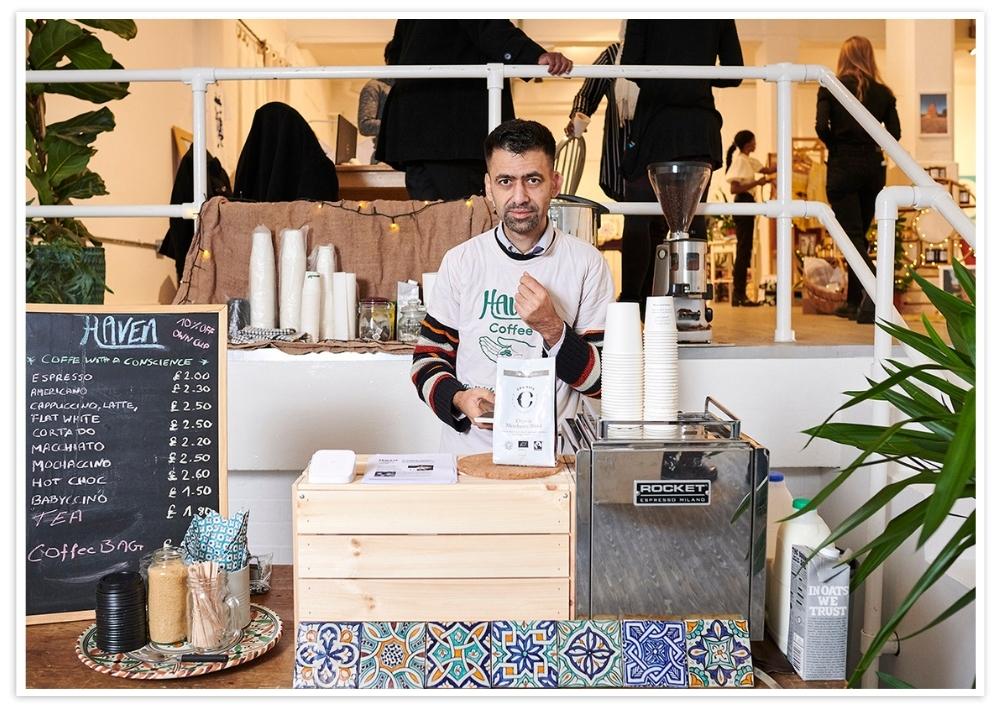
Another entrepreneur is Usman Khalid, a Pakistani guy who was in detention before he came to us. He has a coffee shop in East London and trains refugees as baristas.
You can read more stories on Anqua (anqacollective.org) an online marketplace for refugees which we launched. There’s honey from Bees and Refugees by Ali Alzein from Syria, Nana Nokki’s sauce from Nigerian refugee Chineze Max-Onyeukwu and cushions, wall art and bags from Two Leaves Studio by Latefeh and Niloo from Iran.
What's been your biggest challenge?
The hardest thing was building revenue at the start. As you build momentum it becomes easier to sustain cash flow but we worked for nothing for the first 18 months. This means there is a huge barrier to people from more disadvantaged backgrounds starting a social enterprise. We have to find a way to enable people to have a personal income as they start out because not everyone is privileged enough to be able to work for free.
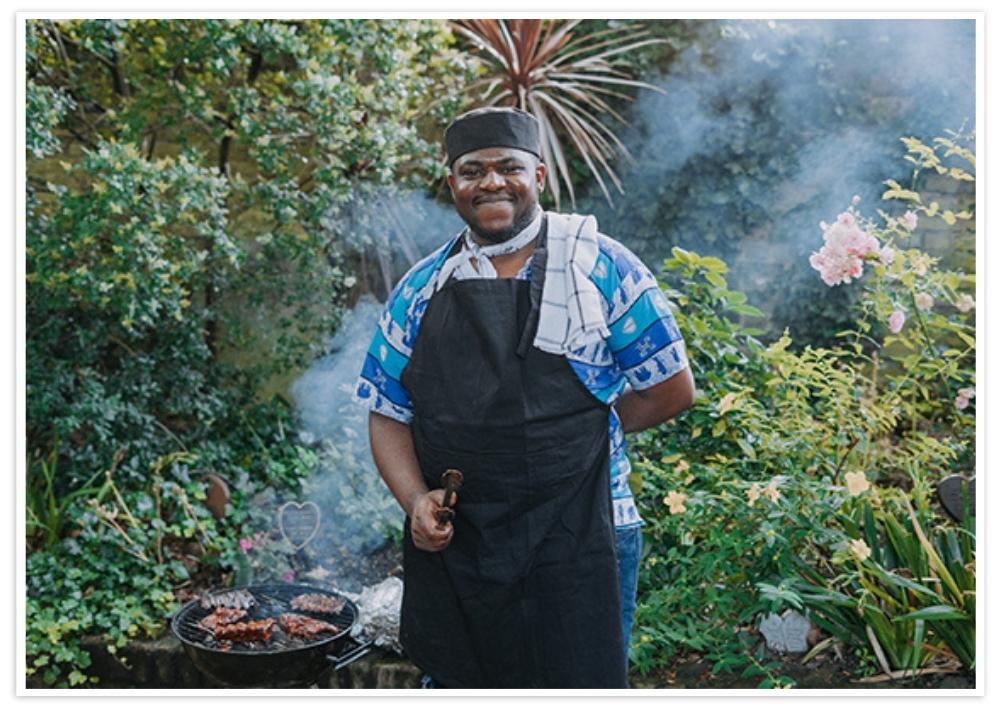
And your proudest moment?
This year we had an event to celebrate our five-year birthday and invited some entrepreneurs to speak.
They spoke so powerfully about what it meant for them to have a community that was theirs, a space to create and innovate. It’s also been amazing to see our partner Ben and Jerry’s launch ice cream flavours in support of refugee entrepreneurs.
Shopping that supports refugees
Anqa is an online marketplace which connects you to a range of amazing products made by refugee entrepreneurs. anqacollective.org
This is a feature from Issue 8 of Charitable Traveller. Click to read more from this issue.


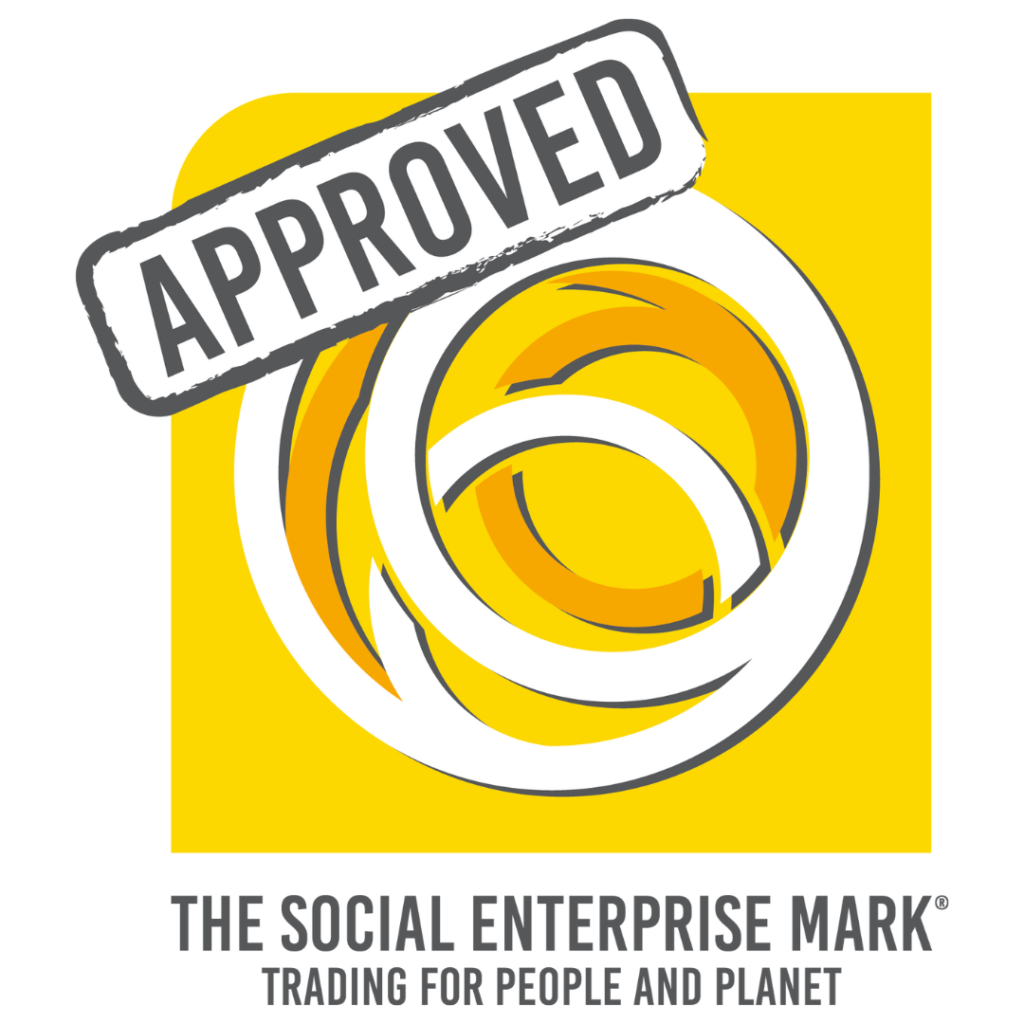
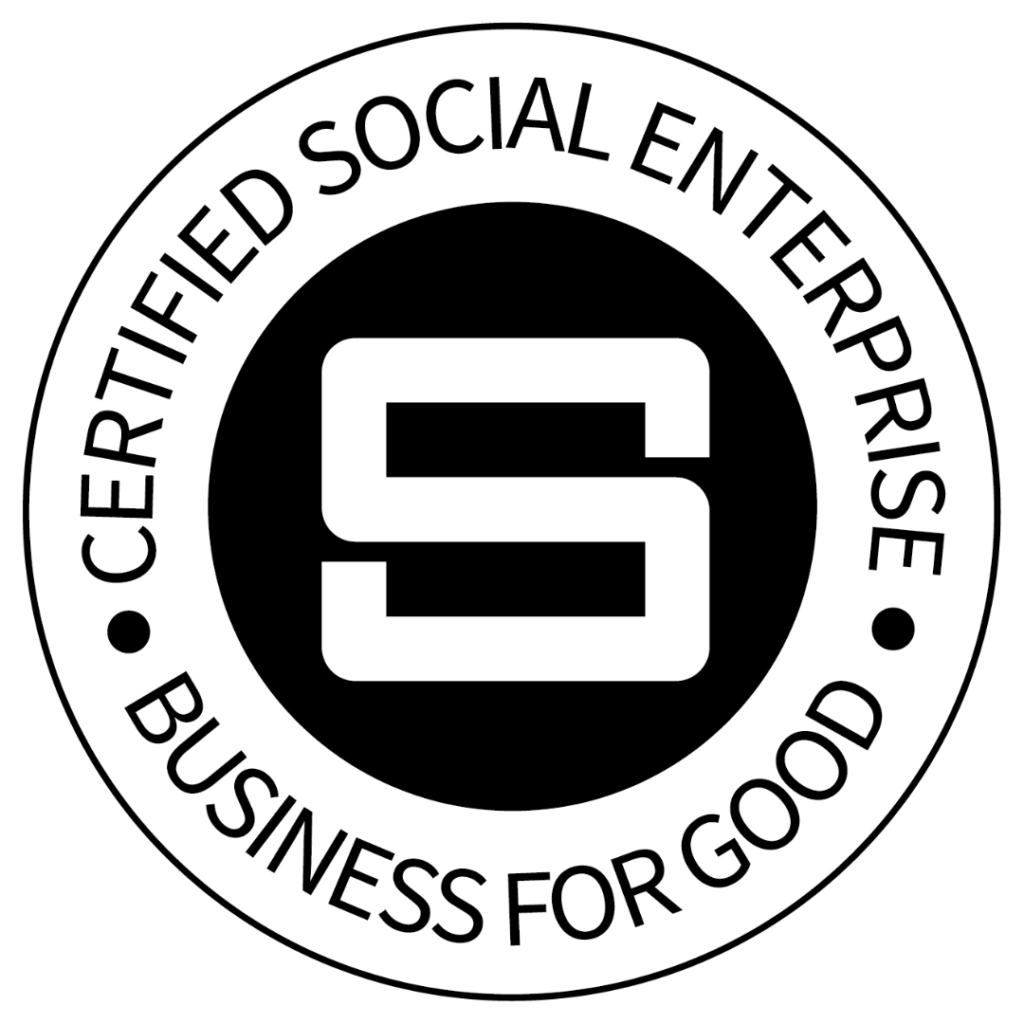
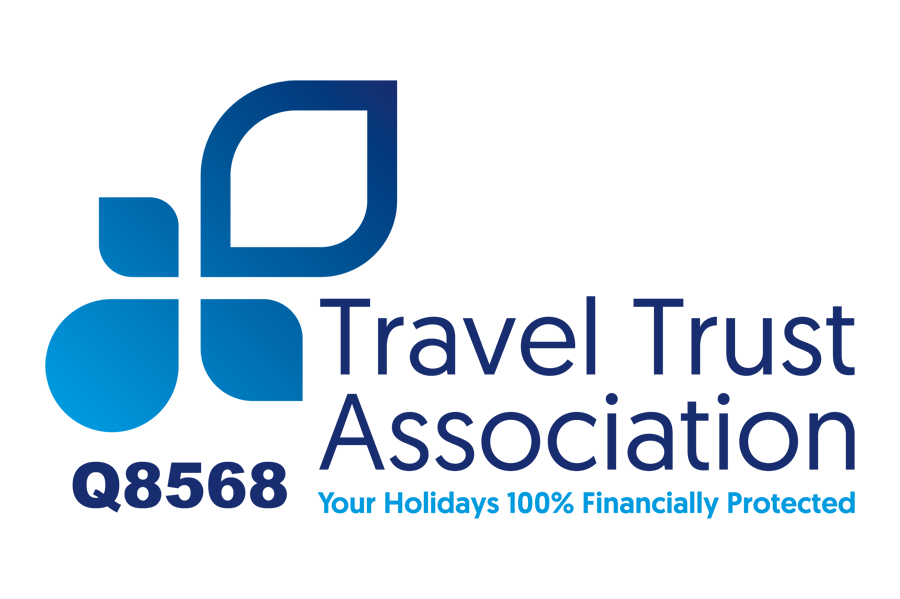
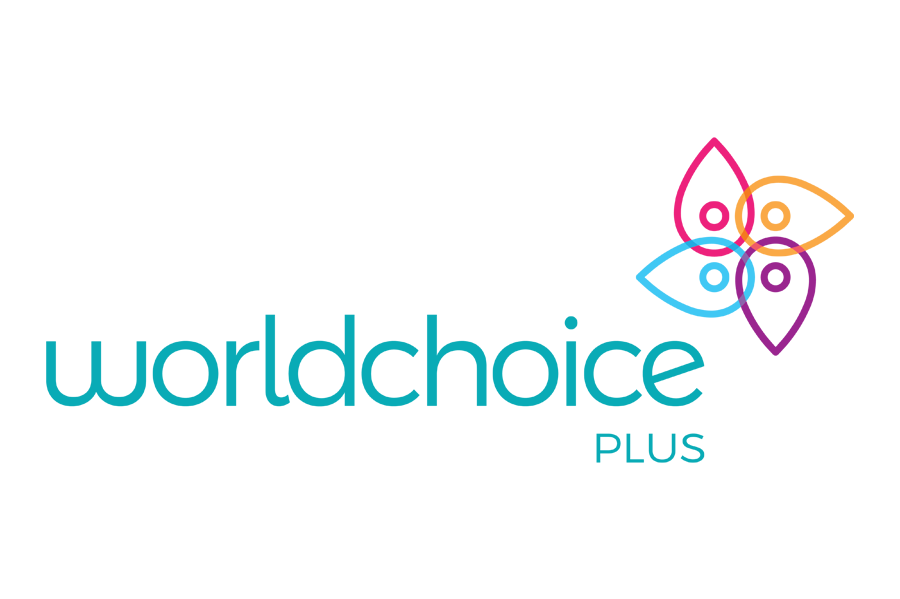
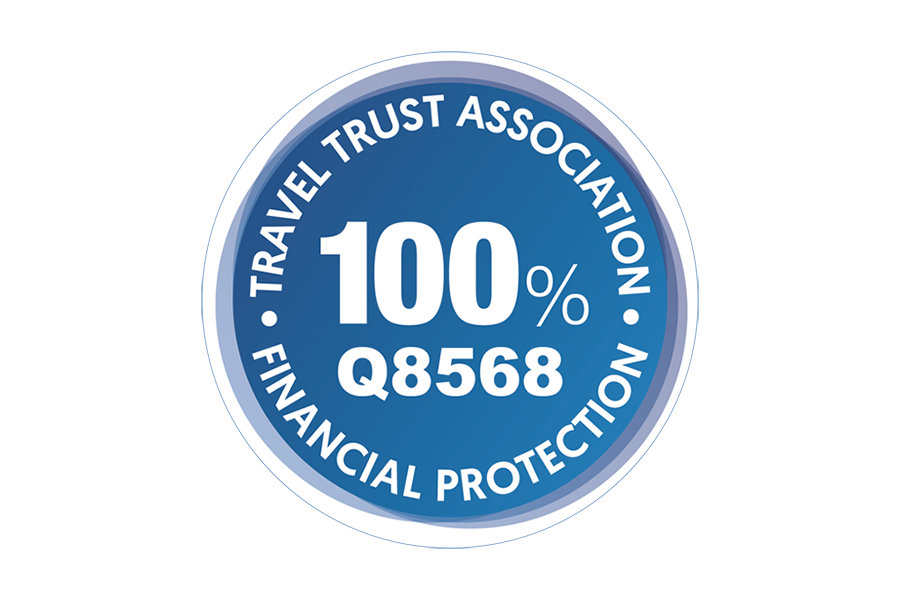
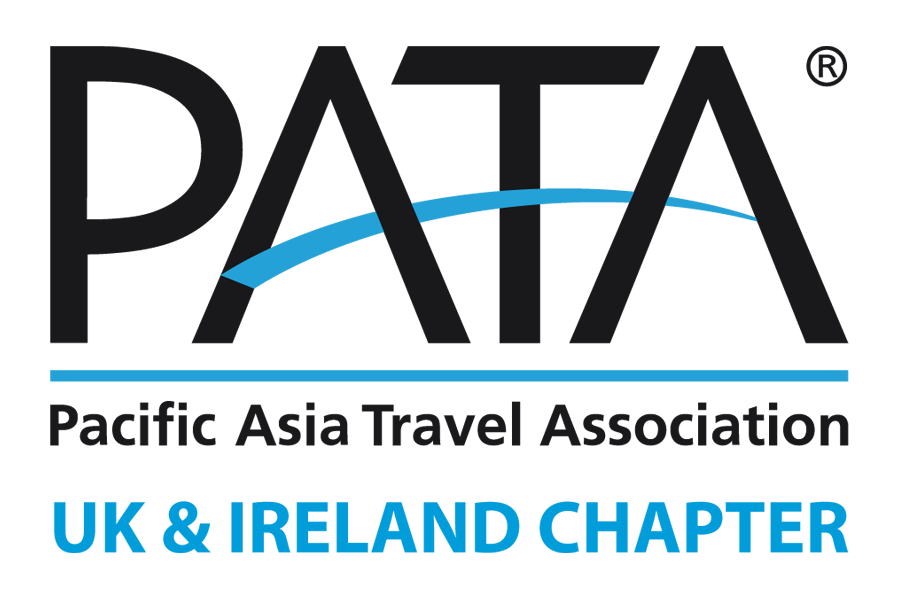
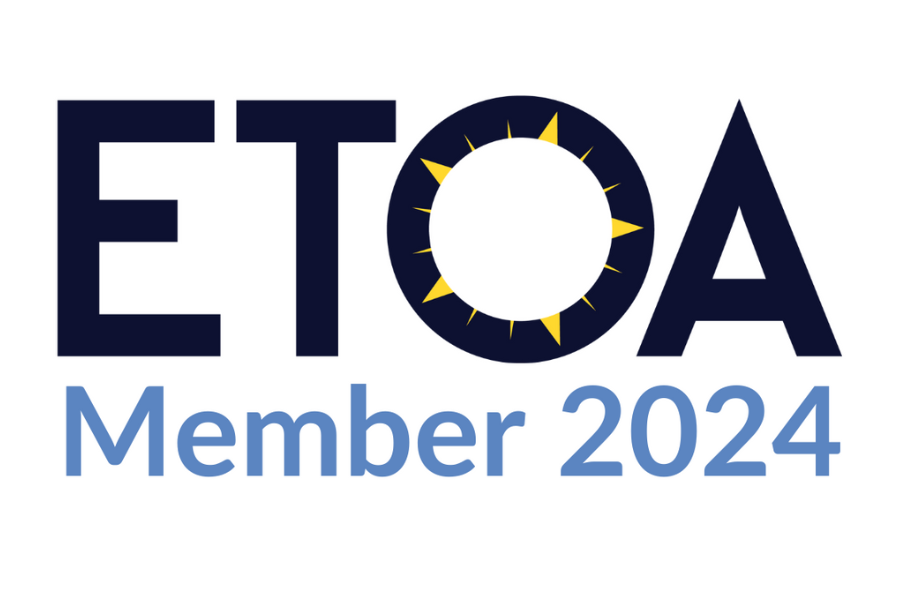
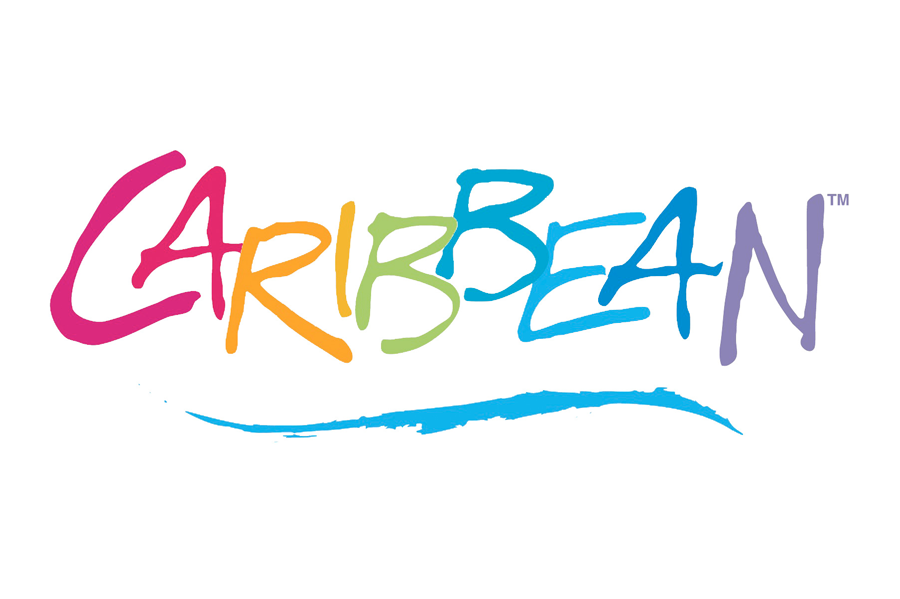
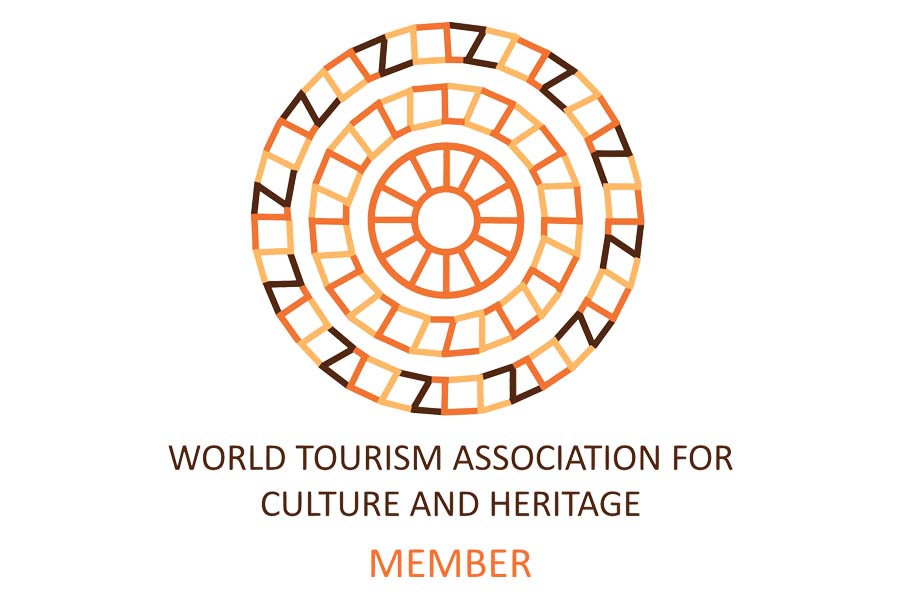
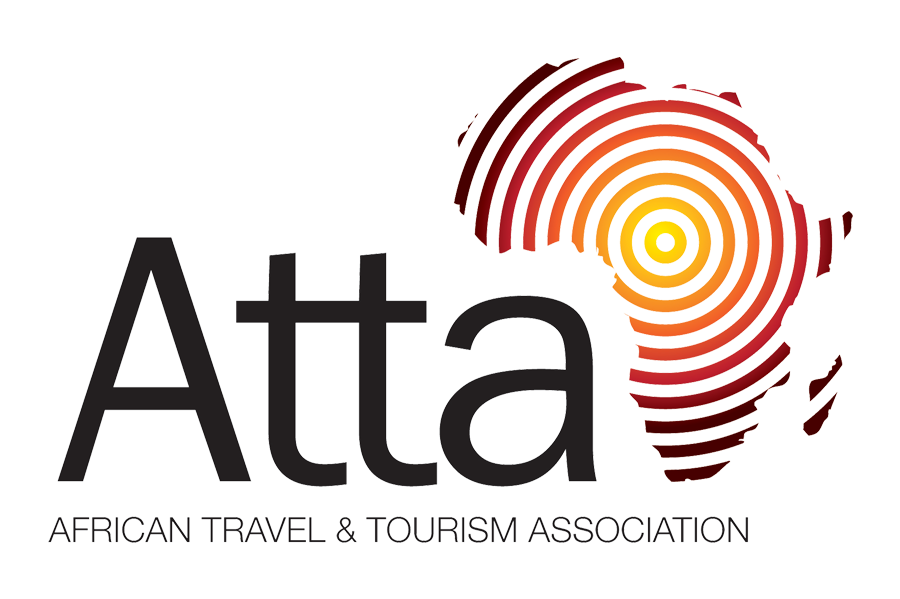
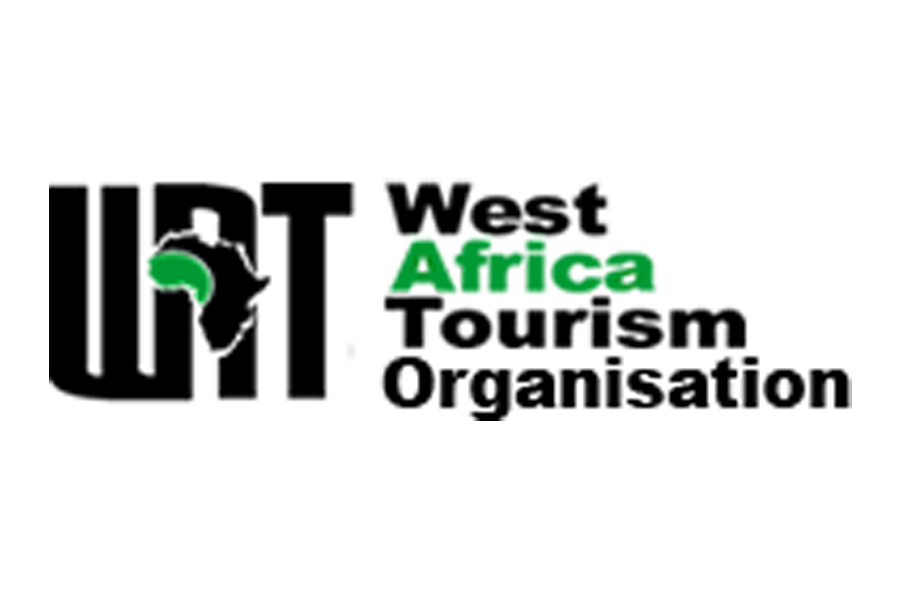
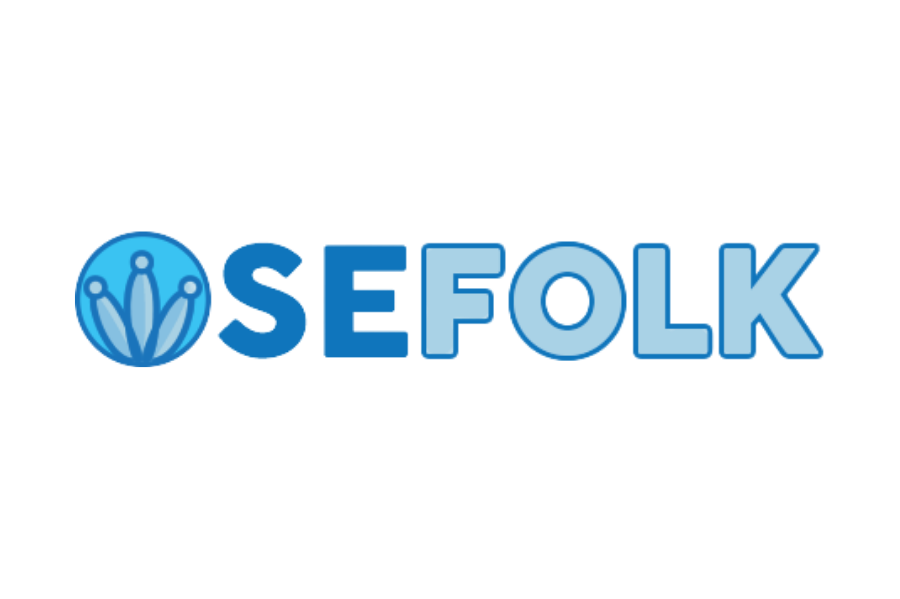
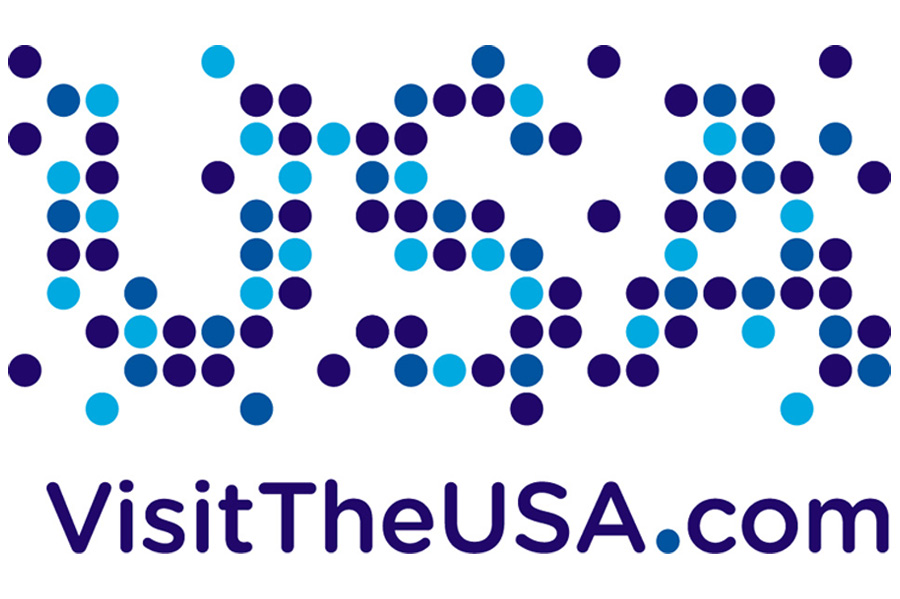
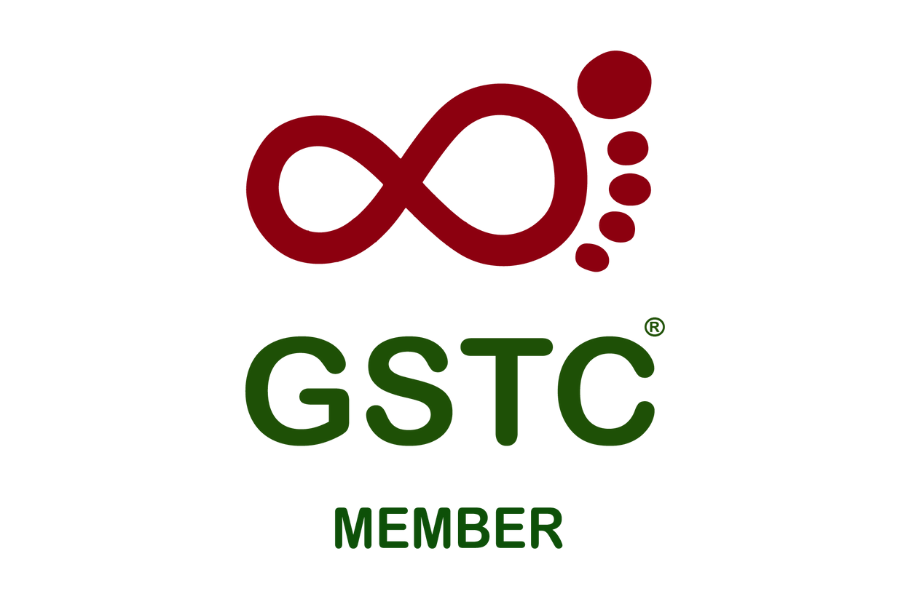

 by net effect
by net effect